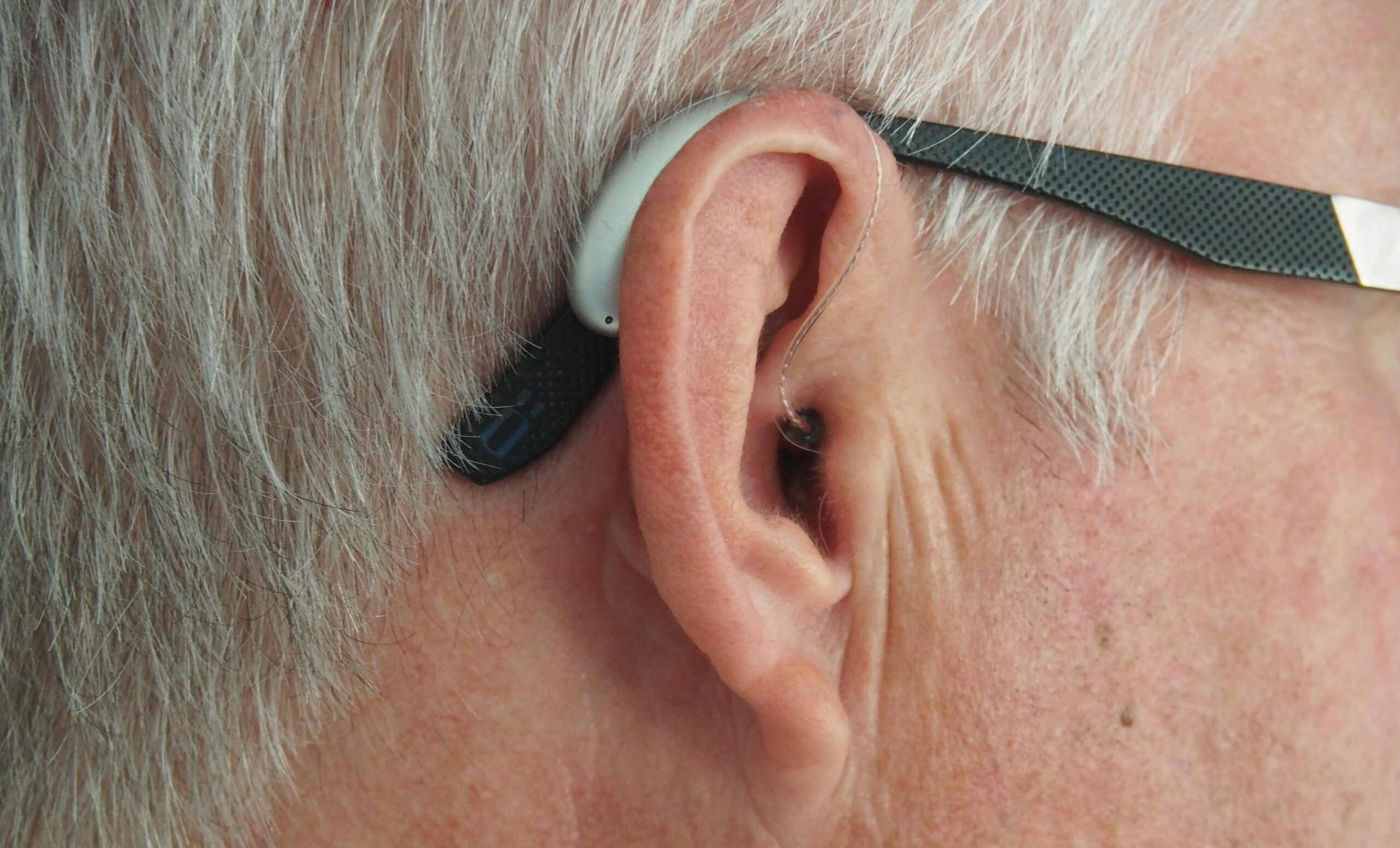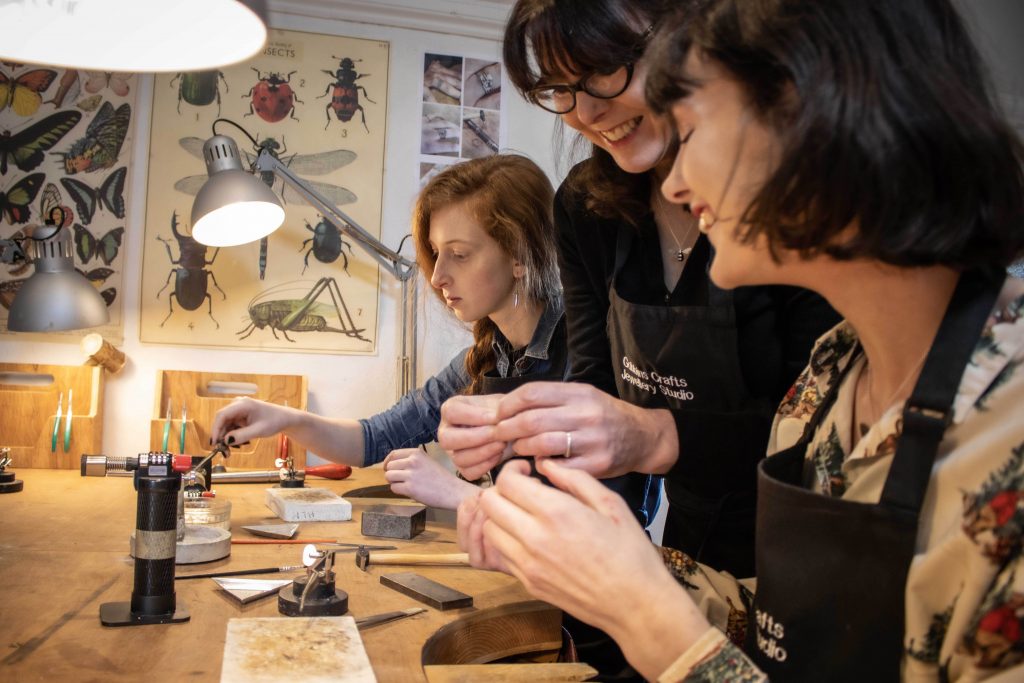According to the Royal National Institute for Deaf People (RNID), 1 in 5 adults in Northern Ireland are either deaf or suffering from hearing loss and a further 1 in 8 are affected by tinnitus; meaning more than 300,000 people in Northern Ireland experience daily difficulties with their hearing.
For those impacted, hearing aids are not simply clever tech; they are a passport to conversation and the world around them. As summer holiday season begins and we jet off to sunnier climes, it is essential that hearing aid users understand how to care for their devices so they can get the most out of their adventures.
Dolores Madden, audiologist and Marketing Director at Hidden Hearing, Ireland’s premier provider of private professional hearing healthcare, has created a handy travel checklist to take help users care for their hearing aids while on holidays, keeping them charged and performing perfectly, despite the unique challenges presented by airmiles, sandy beaches and sweat!
Before you go
Before travelling, make a free appointment at Hidden Hearing to get your hearing aids cleaned, and ensure they’re working at their best. Do this a month or so beforehand, in case the audiologist wants to send the devices away to the manufacturer for intensive cleaning or maintenance. If you happen to have a back-up pair of hearing aids, these can also be checked, or the audiologist will supply some temporary ones for while your own are checked over.
If you have home or travel insurance, verify it covers losing or damaging your hearing aids while on your trip.
Packing
Include your hearing aid related accessories and maintenance supplies on your holiday checklist. Pack enough batteries for the whole trip, or, if you use rechargeable hearing aids, do not forget your charger and case. If you are going out of the country, take an adaptor so you can charge your hearing aids and other accessories. If going to a humid destination, you could bring a hearing aid dryer to make sure they stay dry and free of moisture related problems. And don’t forget cleaning tools, wax guards and other maintenance products you routinely use!
Smart tech
Make sure your hearing aids are linked to your smartphone, and download the manufacturer’s app, just in case you need the “Find My Hearing Aid” function while away. While on the road, pair your hearing aids to the car’s Bluetooth system so you can make and receive phone calls, stream music and hear directions from the GPS.
If going to the airport, check you can access the counters’ loop systems. Doing this should reduce background noise while you are having a conversation, or checking in.
Security
When going through airport security, you do not have to remove your hearing aids. But, let the security agent know you are wearing them, to avoid any confusion during screening.
It is recommended that you wear your hearing aids while in the airport and on the plane to ensure you hear important announcements and pre-flight safety briefings. Depending on the severity of your hearing loss, you may want to let a flight attendant know that it may be difficult for you to hear announcements.
Accommodation
For severe hearing difficulty, when selecting holiday accommodation, enquire in advance if they have visual fire and smoke alarms installed, and visual or tactile alerts for the door and phone, and TV subtitles.
Water
Hearing aids should never be submerged in water. If lounging at the pool, or planning a day at the beach, remove hearing aids and put them in a safe, dry place before diving in! Avoid leaving them exposed to direct sunlight as high levels of heat can be damaging.
Also be aware that sand is harmful, if caught in hearing aids, and it is a good idea to remove them completely before applying sunscreen, lotion, or spray, as chemicals or even misted water could be harmful.
Active Holidays
If out and about cycling, hiking, or fishing, be mindful of moisture and bring a clean, dry cloth to wipe down your hearing aids occasionally during strenuous activities, and ensure they stay clear of dirt and debris. Hearing aid covers or sweat bands can help repel moisture from perspiration and cut down on dust or damaging sprays.
Maintenance
After a busy day in the sunshine, remove hearing aids and clean them with picks, brushes, and a soft dry cloth. Take out the battery and leave the battery door open overnight. If you have a hearing aid dryer, put them in, to help avoid moisture.
Hidden Hearing is a premier provider of professional hearing healthcare in the private sector in Ireland. Operating over 35 years, clinics provide free hearing tests and free sample hearing aids to more than 60,000 people every year, at 98 local outlets across the country.

 Listen Live
Listen Live



